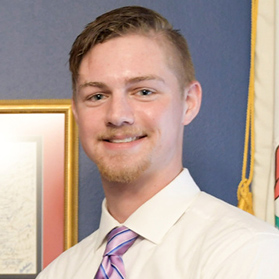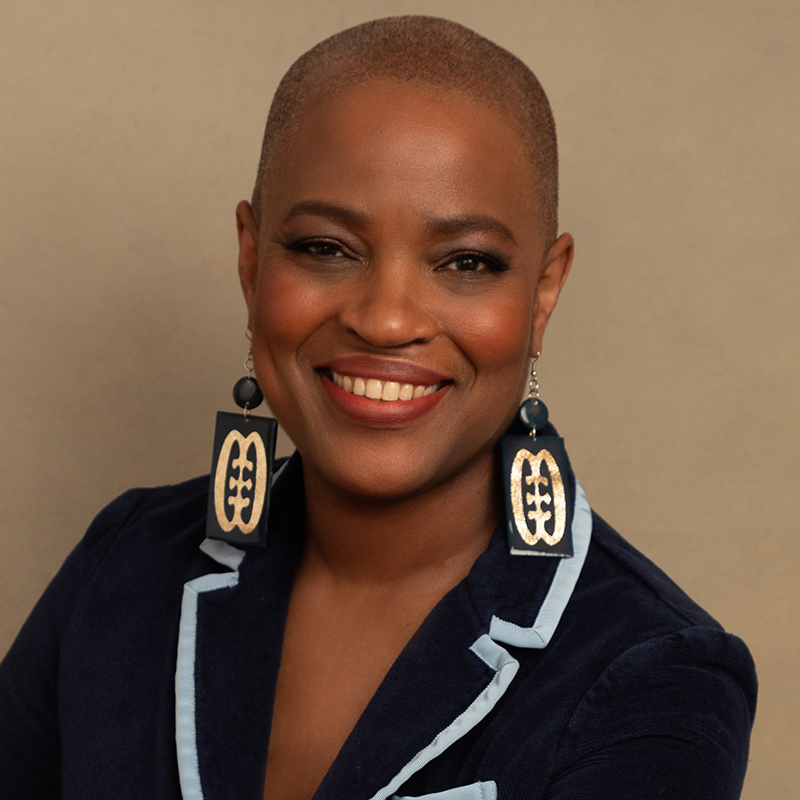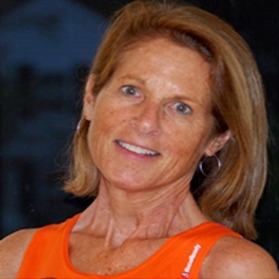
Skyler Taylor’s cancer journey was a lesson in self-advocacy. Despite being told by his primary care doctor that an abnormality was of no concern, Skyler, a sophomore in college and aspiring physician, knew it was alarming. He later discussed his discovery with another doctor, which led to a testicular cancer diagnosis that eventually metastasized to his lungs.
Skyler asked specific questions at doctors’ visits, having researched the survival rate, treatment options and developing an understanding of what he would eventually endure. It was daunting, but he knew that testicular cancer is highly curable in young patients and felt prepared to undergo treatment while finishing college. Cancer was merely an obstacle for him to overcome.
After receiving his treatment plan, Skyler felt comfortable telling his entire family about his diagnosis. His parents, siblings, grandparents, then-girlfriend, who is now his wife, and her parents visited him during chemotherapy. Skyler shadowed his surgical urologist and oncologist, each of whom helped guide him toward medical school. Today, Skyler is studying internal medicine with plans to go into oncology.
When Skyler completed treatment, he knew advocacy would make his hope of impacting patients’ lives beyond medicine a reality. He got involved with NCCS while searching for volunteer opportunities in the cancer community. Skyler appreciates NCCS’s unique focus on care after and between treatments, unlike many other organizations. In 2019, he attended NCCS’s Cancer Policy and Advocacy Team (CPAT) symposium in Washington D.C. There, he received advocacy training before speaking with his representative and senators on Capitol Hill about cancer survivorship legislation. Skyler also used advocacy skills while meeting with local elected officials in Springfield, Illinois. “It feels good to impact so many people and to advocate for these changes,” he said.
Skyler savors each moment and each day for what they are. His cancer diagnosis motivated him to have a better outlook on life, inspired him always to find something to be happy about, and helped him realize that not everything is guaranteed to have a desirable outcome. Most importantly, he learned the value of advocacy. “If you can’t advocate for yourself, it’s beneficial to have a family member or close friend who can during doctors’ visits and time in the hospital,” he said.



